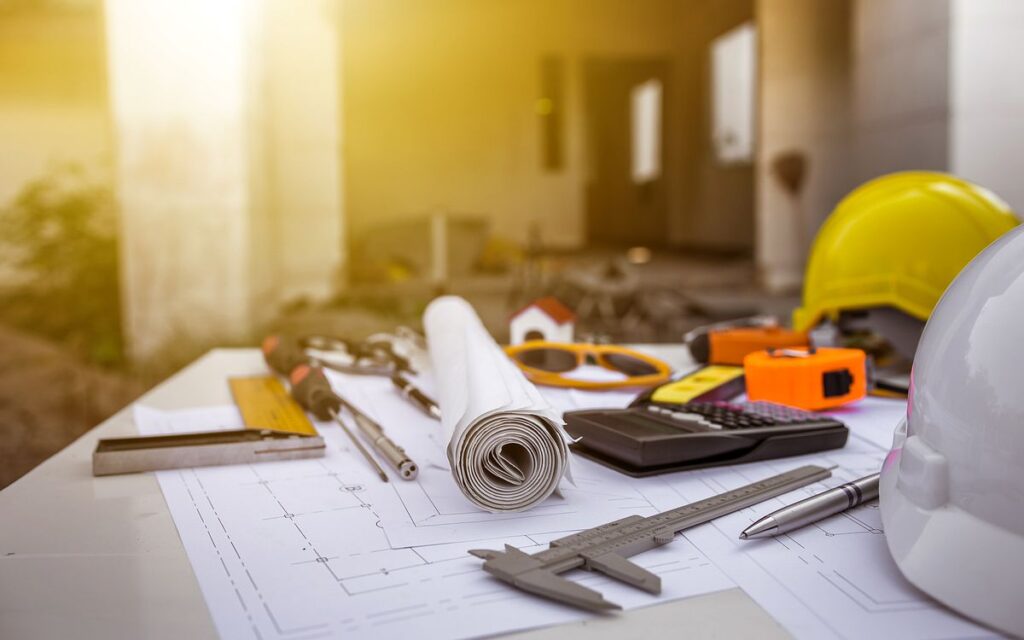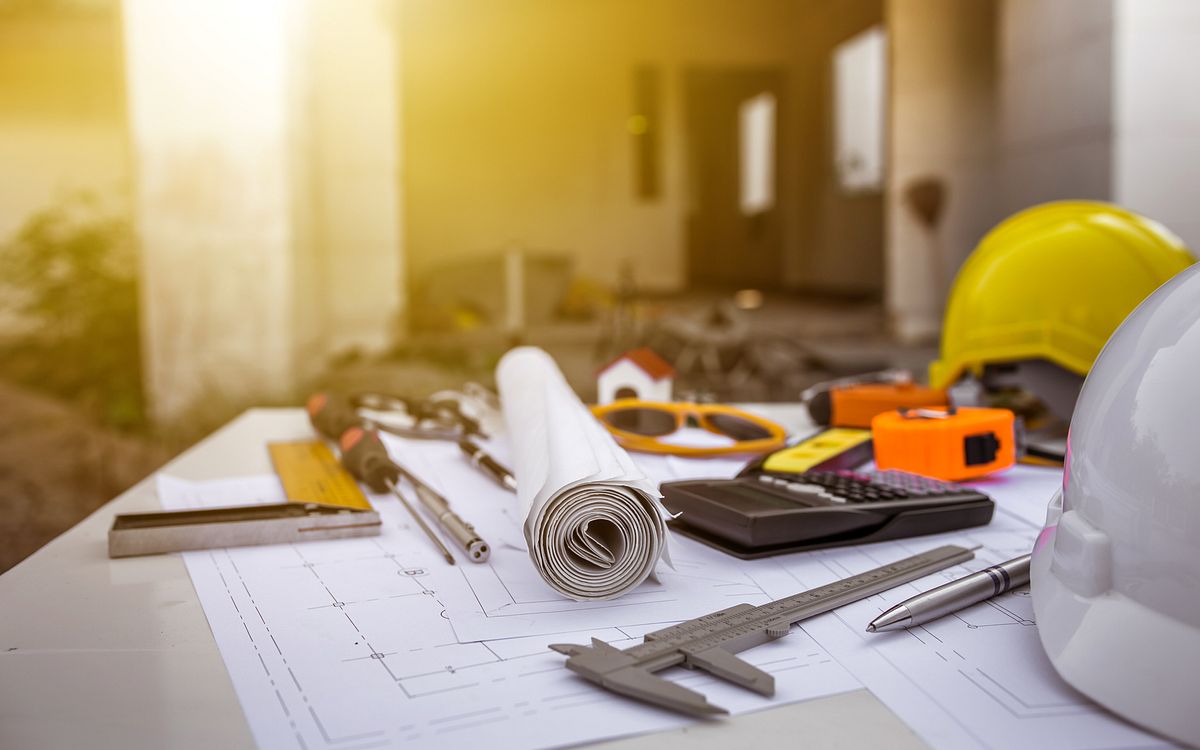Building and Construction Lawyers: How They Can Help You Navigate Legal Issues
In the complex world of construction, legal issues are an inevitable part of the process. From contracts and agreements to disputes and regulatory compliance, the construction industry presents various challenges that require expert legal knowledge. Building and construction lawyers specialize in navigating these issues, ensuring that projects run smoothly and legally.
Understanding the Role of Building and Construction Lawyers
Building and construction law plays a vital role in facilitating construction projects by providing legal advice, drafting documents, and representing clients in disputes. They serve as advocates for their clients, helping them understand their rights and obligations while ensuring compliance with applicable laws.
Key Responsibilities of Construction Lawyers
The responsibilities of construction lawyers are manifold. They are involved in all stages of a construction project, from the initial planning and bidding stage to the completion and handover phase.
- Providing legal advice on compliance and risks
- Drafting and reviewing contracts
- Negotiating terms with contractors and subcontractors
- Liaising with regulatory bodies
- Representing clients in litigation and mediation
The Importance of Legal Assistance in Construction
Legal assistance in construction is crucial. Construction projects often involve large sums of money, and even minor disputes can escalate into costly litigation. Having a construction lawyer helps mitigate risks and ensures that contractual obligations are met.
Furthermore, legal issues can arise unexpectedly. With a lawyer on your side, you can navigate these challenges more effectively, gaining peace of mind and allowing you to focus on the project itself.
In addition to managing disputes, construction lawyers also play a proactive role in preventing potential legal issues before they arise. They conduct thorough due diligence, ensuring that all parties involved in the project are compliant with local zoning laws, building codes, and environmental regulations. This proactive approach not only saves time and money but also fosters a smoother construction process, minimizing delays and disruptions.
Moreover, the construction industry is constantly evolving, with new technologies and methodologies emerging regularly. Construction lawyers must stay updated on these changes, including advancements in sustainable building practices and digital project management tools. By doing so, they can provide informed legal advice that reflects current trends and best practices, ultimately benefiting their clients and enhancing the overall efficiency of construction projects.
The Legal Landscape of the Construction Industry
The construction industry is governed by a complex web of laws and regulations. Understanding this landscape is crucial for anyone involved in construction, whether they are developers, contractors, or property owners. The stakes are high, as the interplay of legal frameworks can significantly impact project timelines, budgets, and overall success.
Common Legal Issues in Construction
Common legal issues in construction can include contract disputes, delays in project timelines, liability claims, and regulatory compliance issues. Each of these issues can lead to significant financial and operational setbacks if not addressed in a timely manner. For instance, contract disputes often arise from vague terms or misinterpretations, leading to costly litigation that can stall projects and erode trust between parties.
Liability issues can particularly cloud the construction landscape, as accidents can result in personal injury claims or damage to property. Having legal support can help manage these risks effectively. Furthermore, the rise of subcontracting has added layers of complexity, as liability can shift between various parties involved in a project. Understanding the nuances of liability insurance and indemnity clauses is essential for all stakeholders to protect their interests and ensure that they are not left vulnerable in the event of an incident.

Laws and Regulations Governing the Construction Industry
The construction industry is subject to local, state, and federal laws. These regulations cover a wide range of matters, such as safety standards, zoning laws, and environmental regulations. Compliance is not just a legal obligation; it is also a matter of public safety. For example, adherence to the Occupational Safety and Health Administration (OSHA) regulations is critical to ensuring worker safety on construction sites, and violations can lead to severe penalties and increased insurance costs.
Construction lawyers are well-versed in these laws and can provide essential guidance to their clients, helping them navigate the intricate regulations that apply to their specific projects. They can assist in drafting contracts that clearly outline responsibilities and expectations, thereby minimizing the potential for disputes. Additionally, as environmental regulations become increasingly stringent, legal experts can help construction firms implement sustainable practices that not only comply with the law but also enhance their reputation in a market that increasingly values corporate responsibility. This proactive approach can be a significant competitive advantage in today’s environmentally-conscious society.
How Construction Lawyers Can Help You
Construction lawyers offer a range of services tailored to the unique needs of the construction industry. Their expertise can be invaluable at various stages of your project, ensuring that you are adequately protected and compliant.
Legal Advice and Consultation
Legal advice is one of the primary services provided by construction lawyers. They can help clients understand their rights and obligations under contracts, as well as advise on the implications of certain legal decisions.
This consultation can help prevent misunderstandings and conflicts later in the project lifecycle, saving time and money in the long run. Additionally, construction lawyers can provide insights into local regulations and compliance requirements, which can vary significantly from one jurisdiction to another. This knowledge is crucial for avoiding potential legal pitfalls that could delay your project or result in costly fines.
Contract Review and Negotiation
Contracts are the backbone of any construction project. A well-drafted contract protects your interests and outlines the responsibilities of each party involved. Construction lawyers specialize in reviewing and drafting contracts to ensure they are fair and comprehensive.
In addition to drafting, they often assist in negotiations, helping clients secure favorable terms while mitigating potential risks. They can also identify clauses that may be detrimental to your interests, such as ambiguous language or onerous penalty provisions, and suggest modifications to safeguard your position. This proactive approach not only enhances the clarity of the agreement but also fosters a more collaborative relationship between the parties involved. Click here to get about the best family lawyers in Sydney: finding the right lawyer for your family case
Dispute Resolution and Litigation
When disputes arise, it is essential to have legal representation to ensure your interests are protected. Construction lawyers can navigate the dispute resolution process, whether it involves mediation, arbitration, or litigation.
They are equipped to provide strategic advice that aims for the best possible outcome, whether that is a settlement or a court decision, allowing you to move forward with your project smoothly. Furthermore, construction lawyers often have extensive experience in handling various types of disputes, including those related to delays, cost overruns, and quality of work issues. Their familiarity with industry standards and practices enables them to advocate effectively on your behalf, ensuring that your case is presented with the strongest possible arguments and evidence.
Choosing the Right Construction Lawyer for Your Needs
Hiring the right construction lawyer is a critical decision that can influence the outcome of your project. It’s essential to consider various factors before making a choice.
Factors to Consider When Hiring a Construction Lawyer
When looking for a construction lawyer, consider the following factors:
- Specialization: Look for lawyers who specialize in construction law.
- Experience: Consider their track record with similar projects.
- Reputation: Seek reviews and testimonials from previous clients.
- Communication: Assess their ability to communicate complex legal ideas in an understandable way.
The Benefits of Hiring a Specialized Construction Lawyer
Opting for a specialized construction lawyer brings numerous advantages. They possess in-depth knowledge of the specific legal issues faced in construction, equipping them to handle potential complications effectively.
Moreover, their experience with similar projects allows them to provide insights that can enhance the overall execution and success of your construction venture. A specialized lawyer can also help you navigate the intricate web of regulations and compliance issues that are often unique to construction projects. This expertise can save you significant time and resources by preventing costly legal disputes before they arise.

Additionally, a construction lawyer can assist in contract negotiations, ensuring that all terms are clearly defined and that your interests are well-protected. They can identify potential red flags in contracts and advise you on the best practices to mitigate risks. This proactive approach not only safeguards your investment but also fosters a smoother working relationship with contractors and subcontractors, ultimately contributing to the timely completion of your project.
The Cost of Hiring a Construction Lawyer
The cost of hiring a construction lawyer can vary significantly based on experience, location, and the complexity of the case. Understanding these costs is crucial for budgeting effectively.
Understanding Legal Fees and Costs
Construction lawyers may charge in various ways, including hourly rates, flat fees, or contingency fees, depending on the nature of the work involved. It is essential to discuss cost structures upfront to avoid surprises later.
Moreover, some legal services may require upfront retainer fees, particularly for ongoing issues. Being clear about financial expectations can prevent unnecessary strain on your budget.
Ways to Minimize Legal Costs in Construction Projects
There are various strategies to minimize legal costs while ensuring quality representation. Some effective ways include:
- Clearly defining scope and responsibilities within contracts.
- Engaging legal counsel during the planning phase rather than the dispute phase.
- Using alternative dispute resolution instead of litigation.
- Employing technology and project management tools to foster clear communication and documentation.
By leveraging these strategies, you can make informed decisions that reduce legal expenditures while ensuring compliance and smooth project execution.

